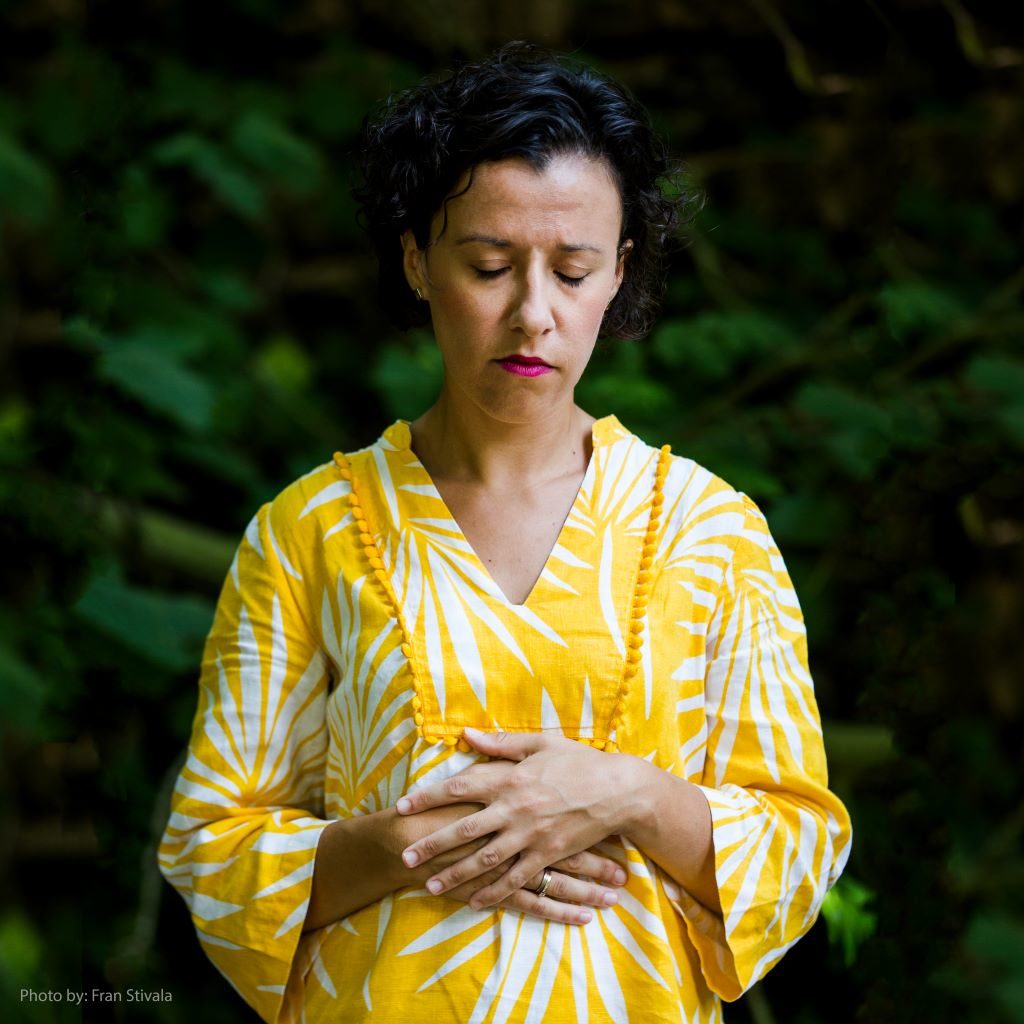
A very common question women ask during pregnancy is “what does a miscarriage feel like?”. Here is all you need to know about miscarriages…
A miscarriage is the loss of a pregnancy within the first 22 weeks where the baby has not gained 500g in weight. There are different types of miscarriages, as listed below:
- Spontaneous / Complete Miscarriage: when the womb empties itself completely
- Silent Miscarriage: when the baby dies but is not miscarried
- Incomplete Miscarriage: when pregnancy tissue is left in the womb
- Blighted Ovum: when the pregnancy doesn’t develop properly
Although the cause of a miscarriage is sometimes unknown, it happens mostly when the pregnancy doesn’t develop as it should, most commonly due to chromosomal issues. Tests are carried out on all tissue passed, and in many cases no underlying problems are identified, and the couple manages to conceive and carry a pregnancy to term in a year or so.
“The guilt feelings and thoughts of what I could have done wrong or avoided doing, never go away”
What Does A Miscarriage Feel Like
- Vaginal bleeding – From light spotting or brown discharge to heavy bleeding and bright red blood or blood clots (Light vaginal bleeding is quite common within the first three months of pregnancy and doesn’t necessarily mean that you are indeed experiencing a miscarriage).
- Cramping and pain in the lower abdomen
- Fluid discharge from your vagina
- Tissue discharge from your vagina
- Ceasing of pregnancy symptoms such as feeling sick and having breast tenderness
“13 weeks into the pregnancy i started bleeding profusely. I was shattered. I had had two successful pregnancies before and so this was a shock. An ultrasound showed a healthy baby, but the bleeding continued. A second ultrasound a few days later sadly found no heartbeat. I was told to return in 2 days for a D&C. No further advice was given. But a day before going in I physically lost the baby as I was in the bathroom. I picked up the baby from the toilet bowl and cried my eyes out. My husband and I were in shock and clueless as to what to do”
Ectopic Pregnancy
Sometimes miscarriages happen due to an ectopic pregnancy, which is when the fetus is implanted outside of the womb, usually in the fallopian tubes. This type of pregnancy is serious and may cause internal bleeding. Symptoms of an ectopic pregnancy usually happen between week 5 and week 14, and these include:
- Persistent and severe tummy pain on one side
- Vaginal bleeding or spotting, usually after the pain starts
- Pain in your shoulder tip
- Diarrhoea and vomiting
- Feeling faint (or actually fainting) and lightheaded
“One evening we rushed my friend to the hospital as she was in excruciating pain. An appendix was suspected, but upon opening her up they found it was an ectopic pregnancy. Thankfully we got there in time, which saved her life! I didn’t know an ectopic pregnancy could be such a serious life-threatening issue!”
Treatment Options After a Miscarriage
Sometimes after an examination and discussion with your doctor, you may be advised to do nothing and let the miscarriage happen naturally, which may possibly take long. You may also be advised to start the miscarriage process through medical treatment. This is done through the insertion of a hormonal tablet high into your vagina. After about an hour lying down with the tablet/s inside, you may start to experience period-like pain, vaginal bleeding and slight fever. You may request pain relief if need be.
Another option could be a surgical intervention called Evacuation of Retained Products of Conception (ERPC), which is a minor operation performed under general anaesthetic to remove remaining tissue from the womb. After some time in observation following medical or surgical treatment, you are discharged (usually later that same day or the next).
“I had 4 miscarriages. With the first two I wasn’t even aware that I was miscarrying until I arrived at the hospital because it seemed like it was just my period. It wasn’t. The last two miscarriages were the most traumatic especially since I tried to do everything I could to avoid any problems or complications but unfortunately I didn’t succeed. The support of my family and care of my partner helped me a lot in my healing process.”
Bleeding After a Miscarriage
What does a miscarriage feel like in terms of bleeding? With a natural miscarriage or a miscarriage with medical treatment, you may experience heavy bleeding and severe abdominal cramps, during which you are advised to use sanitary towels, and not tampons. Bleeding should subside but may take up to 6 weeks to clear completely.
After surgical intervention, slight bleeding may happen on an on and off basis for up to 6 weeks.
Please contact your doctor if your bleeding continues to be heavy or you experience unpleasant discharge or high temperature and abdominal pain (not just cramps).
Your period should return in about 6 weeks time.
Saying Goodbye
All identified foetuses (usually more than 20mm long) can be included in the communal burial organised by the Obstetrics & Gynaecology Department in collaboration with SANDS (Stillbirths And Neonatal Death Society) for free. This takes place at the chapel of the Addolorata Cemetry towards the end of every November.
If your baby was considered too small to form part of this burial (due to being lost very early in the pregnancy), you are still more than welcome to attend.
You may also opt to organise a private self paid burial for your baby. In this case contact the Practice Midwife (Bereavement & Support) as soon as possible so arrangements can be discussed.
What Does A Miscarriage Feel Like In Terms Of Emotions?
“I had a miscarriage in 2016 and it was very painful. I used to cry alone seeing all those people passing by with pushchairs and prams. I still cry today and still mention my little angel who I have in heaven looking over me. It was very very painful even though I was only 6 weeks pregnant. I was already imagining myself holding my baby.”
What does a miscarriage feel like in terms of emotions? A miscarriage can be quite upsetting. The emotional impact of a miscarriage may be experienced from immediately after, or at times after several weeks. Common emotions and physical symptoms are experienced during the bereavement period, such as loss of appetite, feeling tired, insomnia, guilt, shock, sadness and anger.
If you are experiencing the above, you can make use of personal counseling and support which is offered by the Practice Midwife (Bereavement & Support).
“I miscarried multiple babies in just a couple of years. I rock bottomed and thought I will never get on my feet again. I had a lot of support from my family and friends but I felt I needed more. I spent 5 years attending counseling. Counseling saved my life! I learned to appreciate life, family, friends and most of all health. Eventually I fell pregnant unexpectedly and I got terrified. So I started counseling again since I recognized the need for support. We were soon blessed with a baby boy! Talking may ease the pain but at times professional support is needed.”
Sex After a Miscarriage
Avoid sex until all miscarriage symptoms are gone. Usually the period returns within 4-8 weeks, though it is common to have an irregular cycle for the first months. If you don’t want to get pregnant again, use contraception right away. If you want to get pregnant again, do discuss your options with your GP, gynaecologist or healthcare personnel.
Risk Assessment for Miscarriages
First Trimester Miscarriages Risks:
- Age – women from 35 years on have an increased risk for miscarriage
- Obesity
- Smoking, alcohol and drug use
- Excessive consumption of caffeine
Second Trimester Miscarriages Risks:
- Uncontrolled diabetes
- Hypertension (high blood pressure)
- Lupus
- Kidney disease
- Hyperthyroidism and hypothyroidism
- Antiphospholipid Syndrome (APS)
- Infections eg. Rubella, HIV, certain STI’s, malaria
- Food poisoning eg. Listeriosis, toxoplasmosis and salmonella
- Unsafe medication (contraindicated in pregnancy)
- Fibroids (though a full successful pregnancy is still possible with fibroids)
- Weak cervix due to muscle weakness or previous (possibly surgical) injury
- Polycystic Ovary Syndrome PCOS
Useful Contacts
- Practice Midwife (Bereavement & Support), Mater Dei Hospital 25454442 (answering machine available)
- Miscarriages Malta group on Facebook: A peer to peer support group led by Martina Maria Hili offering support for those experiencing or dealing with miscarriage; support for those trying to conceive after miscarriage or currently pregnant after miscarriage and support for husbands, partners, relatives or friends of persons who have passed through a miscarriage, in order to be informed, educated and find solace.
References:
NHS (2018). Miscarriage. https://www.nhs.uk/conditions/miscarriage/ accessed on 2nd August 2020
You can read further about what happens during a miscarriage as well as about how it is handled here in Malta here.
Many women keep asking what does miscarriage feel like and there is never too much information in this regard. If you’ve experienced a miscarriage, we’d love to feature your experience if you like. Contact us or email us at [email protected]
Claire Galea is a mum of three currently reading for a Degree in Nursing at the Faculty of Health Sciences, University of Malta, as a mature student. She is keen about holistic patient-centered care as well as public education about health-related subjects, which she frequently writes about on Wham as a Content Writer and Website Editor.
Claire is also passionate about spreading awareness on the negative effects that domestic abuse leaves on its victims’ mental, emotional, social and physical wellbeing. She is the author of two downloadable ebooks, namely Heal Your Life Forever and 5 Simple Steps To Creating The Life Of Your Dreams.
Click here to check out Claire’s full bio as well as a list of all her Wham published articles





